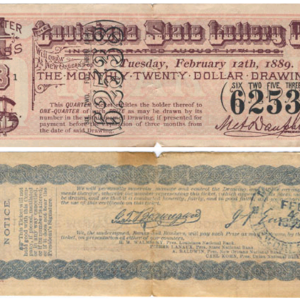As Republicans in Congress aim at wasteful government spending, they’d do well to scrutinize the nearly $1 billion in annual licensing fees that Medicare indirectly funnels to AARP. The group claims to advocate for seniors, yet it rakes in enormous sums of money from AARP-branded health plans that impose higher costs on taxpayers and older Americans. It’s […]






